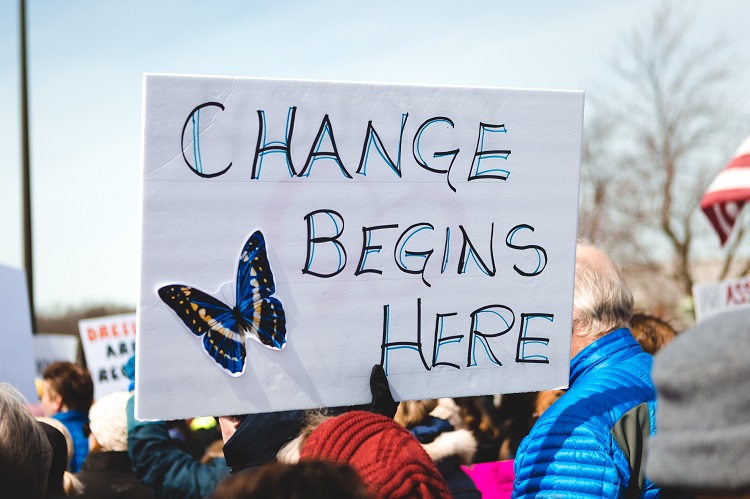The ideas present at AEI’s recent forum on “A Call for Intergenerational Justice” are percolating far and wide, as evidenced in this headline from a recent Milwaukee Journal Sentinel story: Religious groups see budget through eyes of faith – on both sides. The secondary headline could have been a one sentence summary of AEI’s event: Aiding poor, ending debt both seen in moral terms.
The story recycles the same talking points from eras past about Republicans cutting government welfare programs. At the same time, we see a new element: “Faith leaders on all sides agree that cutting the nation’s staggering budget deficit is also a moral imperative.” Unfortunately, the two quotes in the story which follow fail to deal with that imperative in a serious way:
“This is not about scarcity but choices,” said the Rev. James Wallis, editor of the progressive Christian magazine Sojourners and a signatory of Circle of Protection.
“Do we want to cut $8.5 billion from low-income housing or $8.4 billion from the mortgage tax deduction for second and vacation homes?” he said. “Do we cut $2.5 billion in heating assistance for poor families or $2.5 billion in subsidies for offshore drilling by oil companies already making record profits?”
Conservatives argue that the affluent already pay most of the cost of government.
“The top 10% – (households that) make over $114,000, and they’re not rich – are already paying 70% of all federal taxes,” said the Rev. Richard Land, president of the Southern Baptist Convention’s Ethics & Religious Liberty Commission and author of “The Divided States of America: What Liberals AND Conservatives get Wrong about Faith and Politics.”
He says the federal government can cut billions of dollars from waste and duplication, and subsidies to Planned Parenthood and National Public Radio.
What is not included in either quote? Entitlements. The reality is that ending subsidies for oil companies or for NPR won’t solve our long-term budget issues. Dealing with all government programs in a serious way is a crucial element of fixing the current deficit (and an opportunity to advance good policy in addition to saving money), but any individual program cuts and even the sum total of all possible discretionary and defense cuts still pale next to the coming tsunami in Social Security, Medicare, and Medicaid.
America needs a good, honest conversation about entitlements. And leaders in our nation’s faith community have an important role to play in that dialogue. We need to talk about the moral obligations of the community to our elderly and sick, and the appropriate social institutions to care for their concerns. Events like AEI’s are the beginning of that discussion. Let’s hope we see more people thinking about the ethical and theological principles which should shape that conversation and undergird those sorts of programs.
As a footnote, permit me a quibble with one particular paragraph from the story:
The push by faith-based organizations is both theological and practical. Care for the poor and vulnerable is a central tenet of all faith traditions. And religious organizations – whose poverty programs are already strained by the recession and increasingly limited resources – fear government cuts will dramatically swell their caseloads.
On the theological level, Jordan Ballor made an excellent point at the AEI forum that we should not automatically transfer the Biblical principle of care for the poor to saying the federal government must have this program that aids the poor. On the practical level – the Church should step up to the plate. If the Church did a better job caring for the poor, encouraging families and communities that cared for each other when sick, destitute, or elderly, etc., we wouldn’t need so much government welfare. Plus, especially knowing that church-based programs are often more effective than government-based programs at helping poor people turn their lives around, and also present an opportunity to provide a spiritual witness in addition to a material hand, shouldn’t we embrace the chance to reach more people with the love of Christ?


